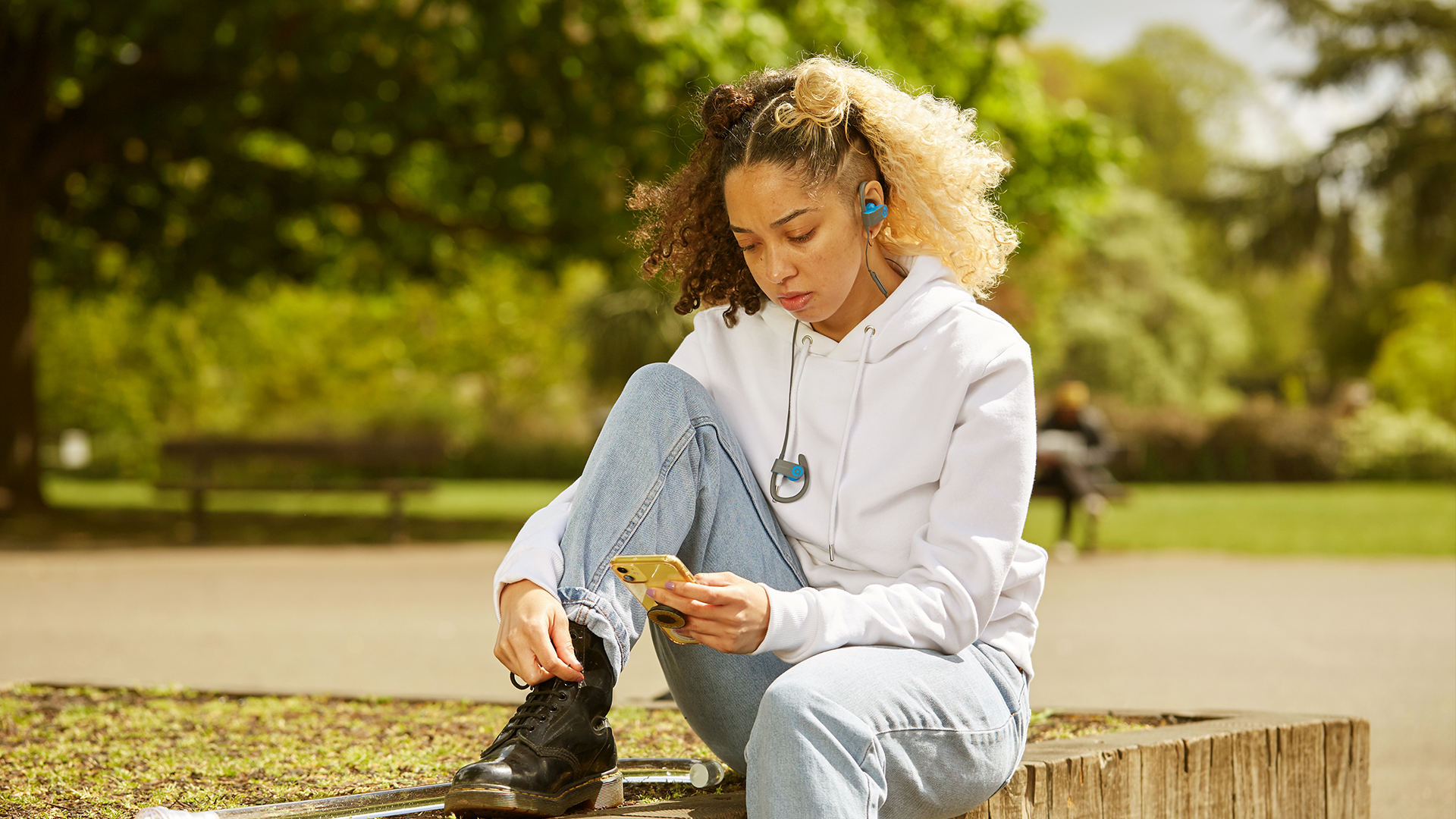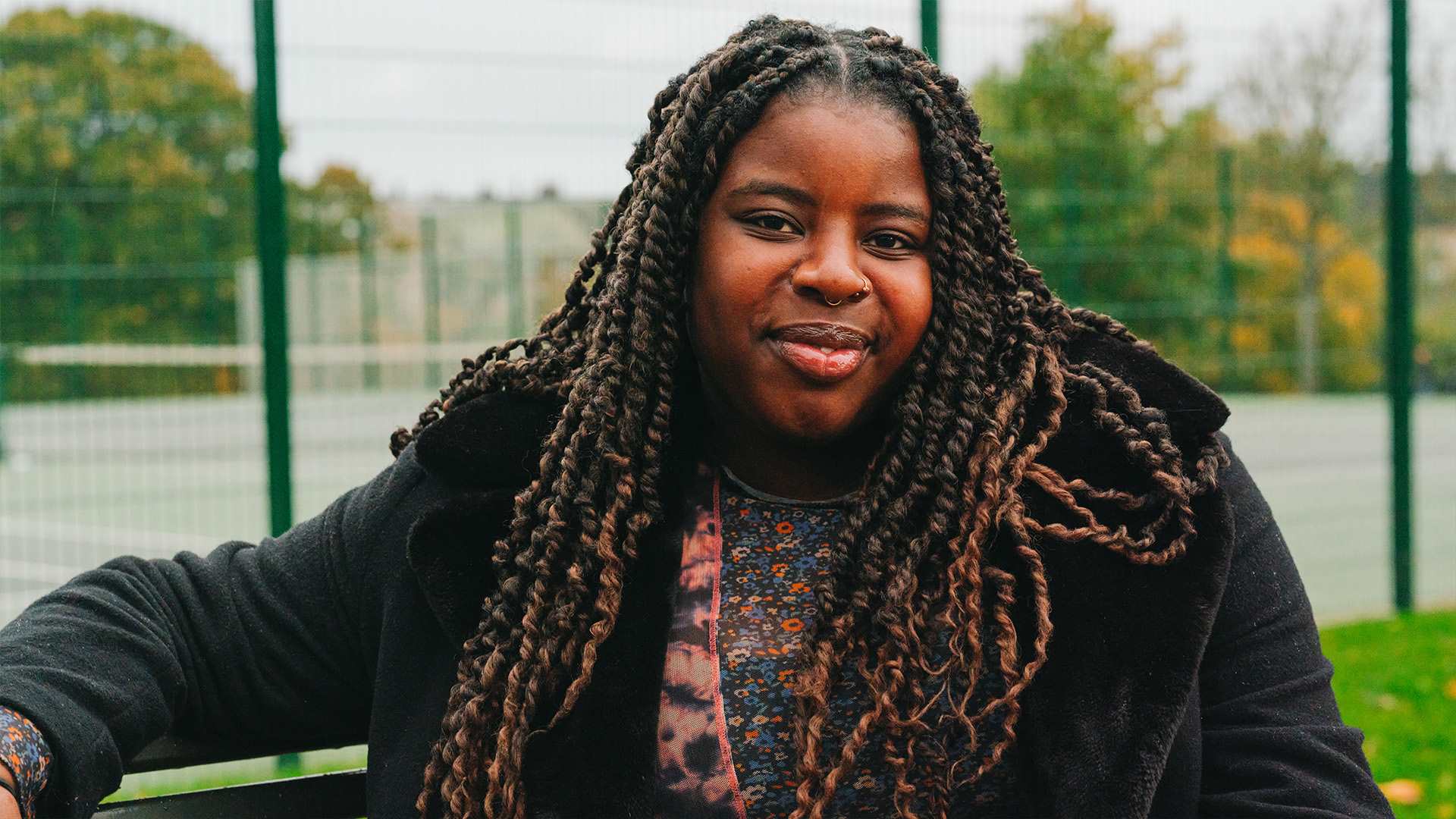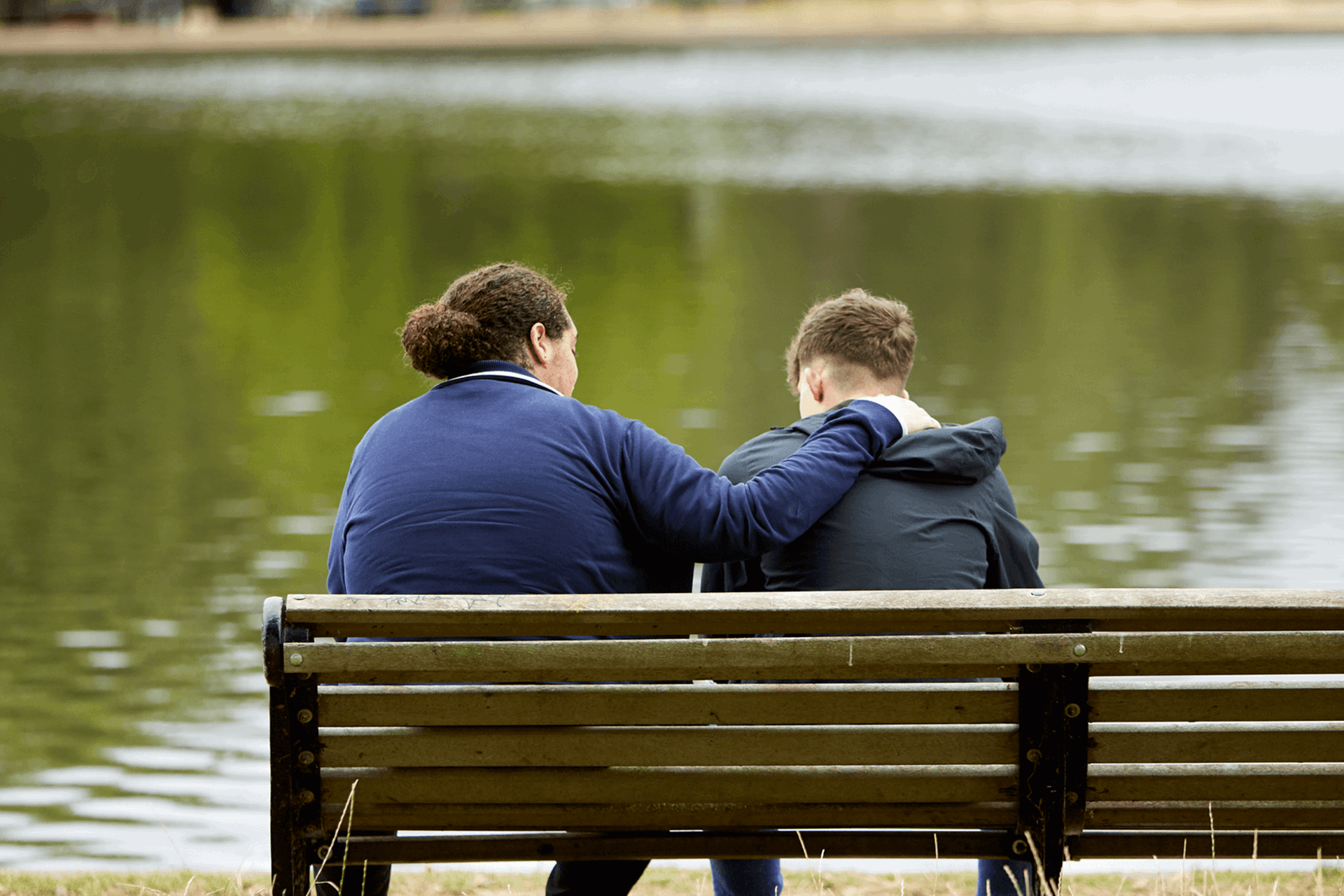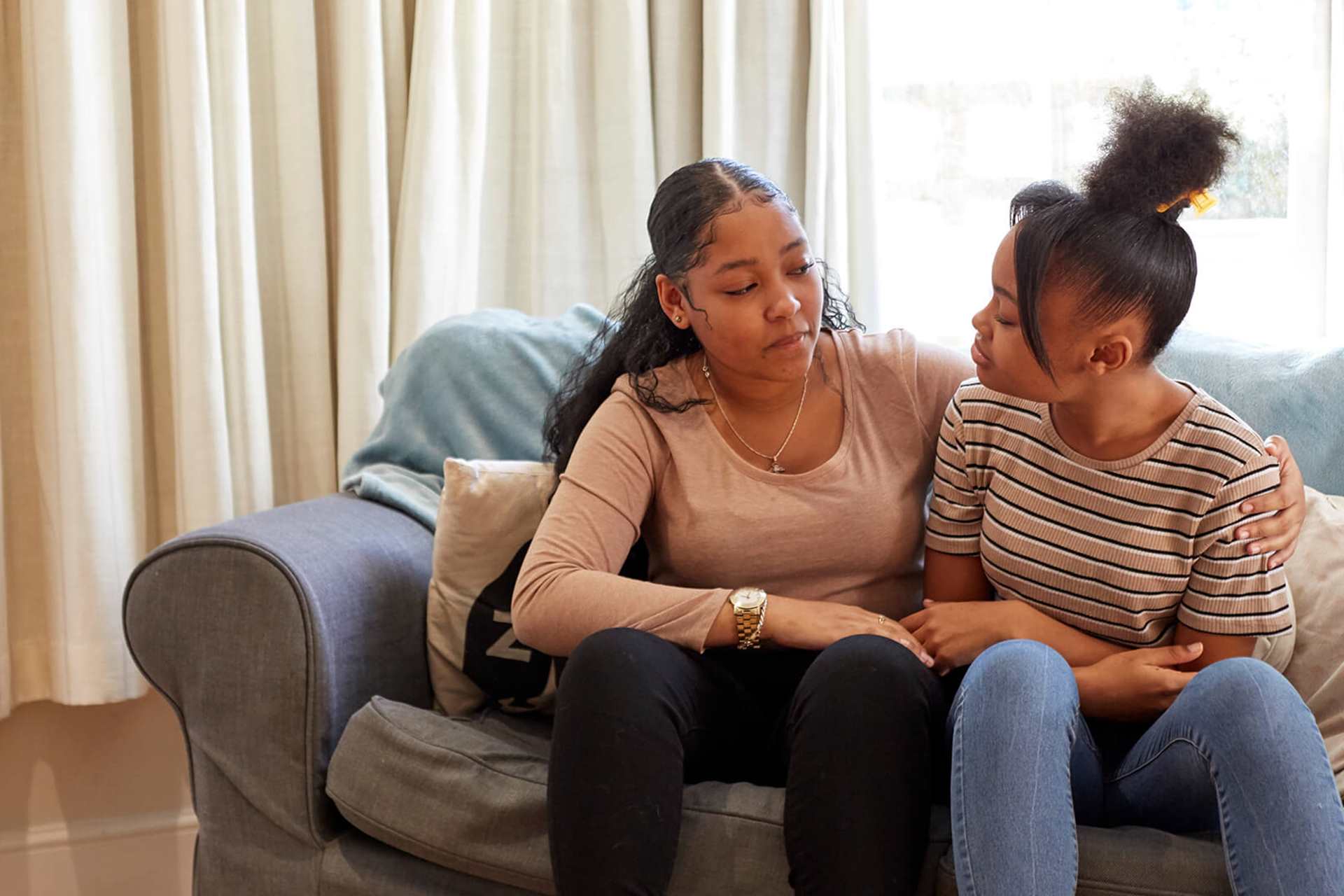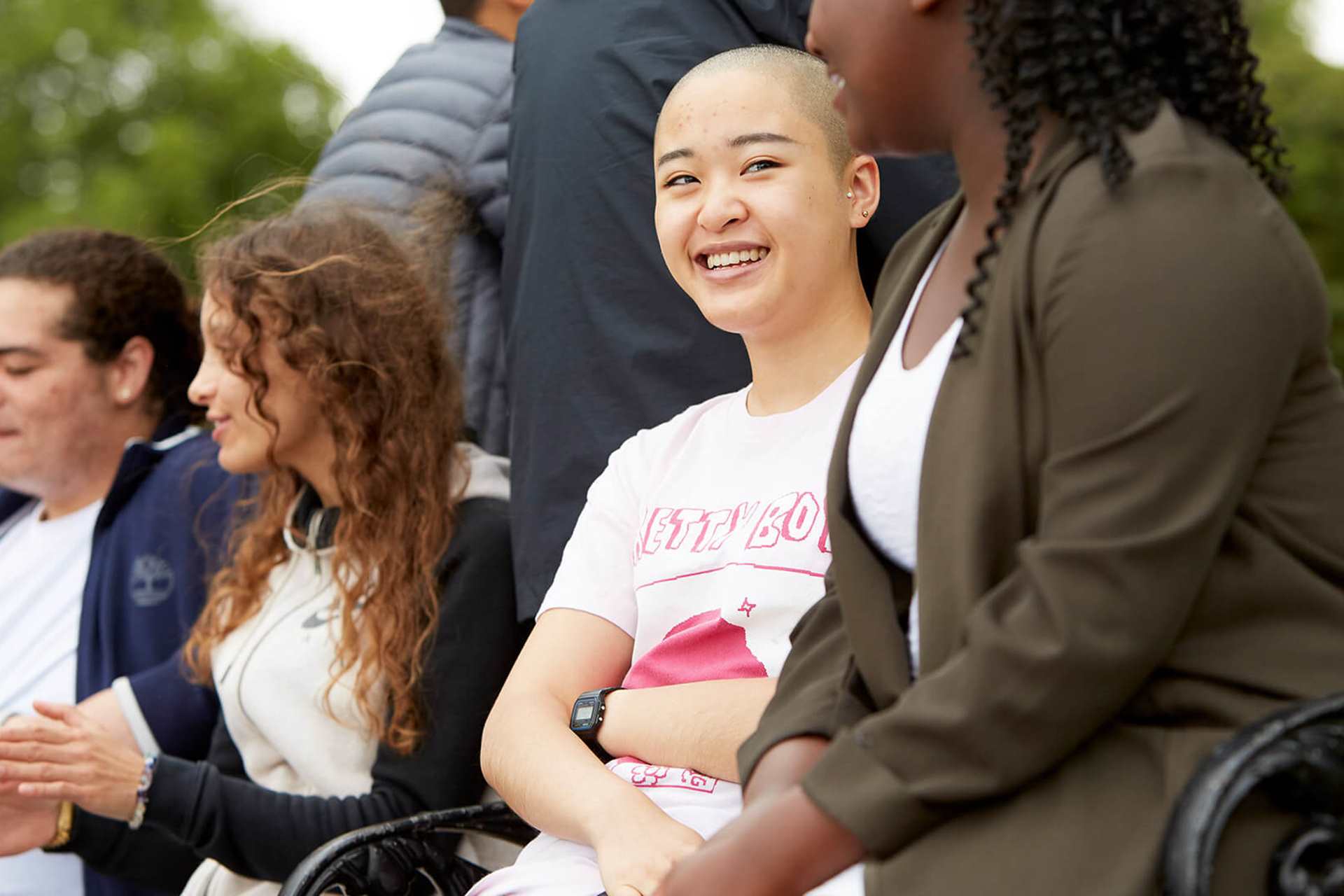Panic disorder
-
If you’re having unexpected panic attacks often and you don’t know why, it might be a sign of panic disorder.
Talk to your GP about how you’re feeling. They can help with treatments and find support that works for you.
Your GP might suggest cognitive behavioural therapy (CBT) to help you manage your panic attacks by changing the way you think and behave. They could also connect you with a support group or prescribe medication like antidepressants if needed.
